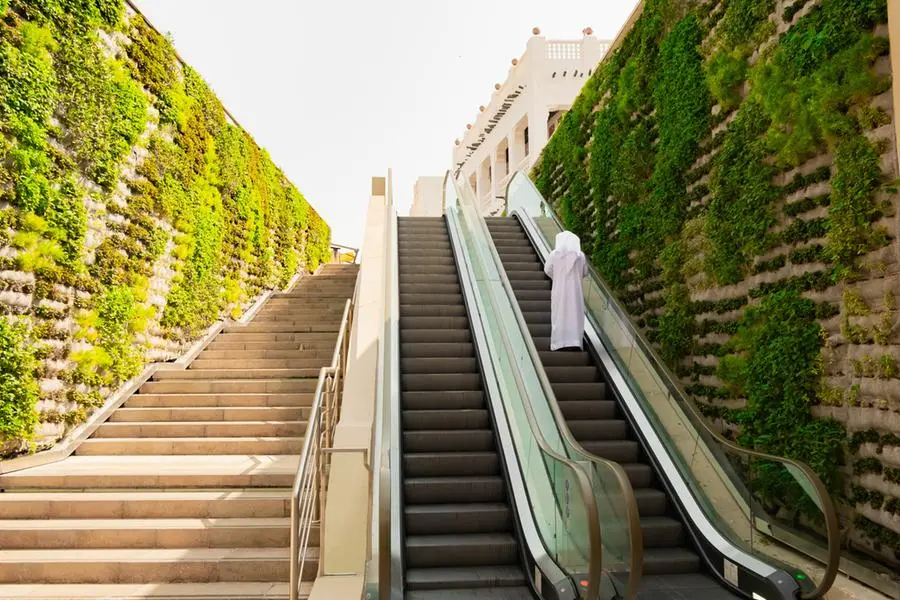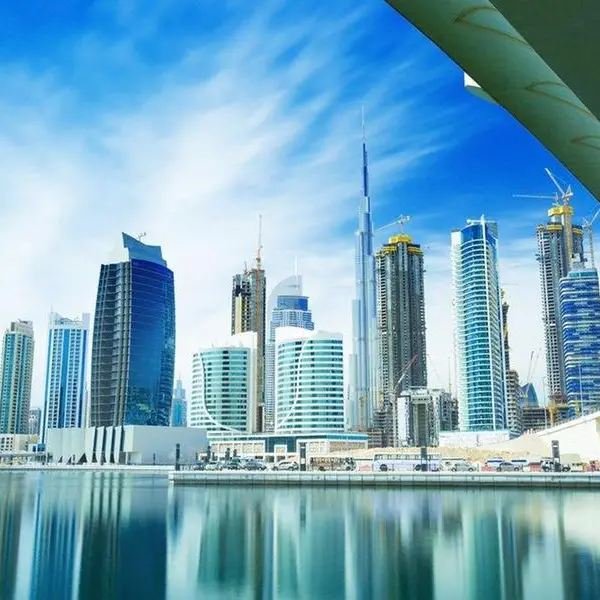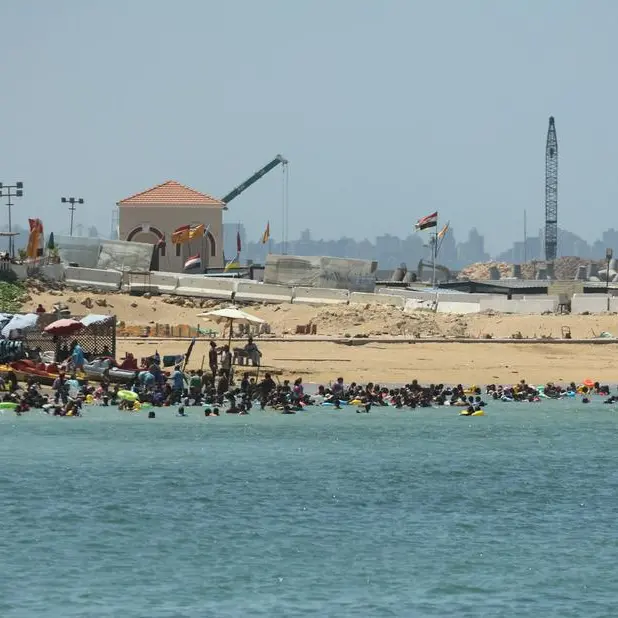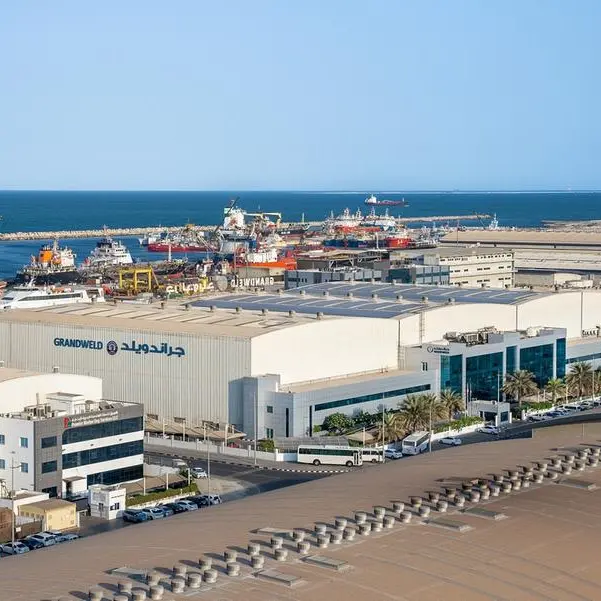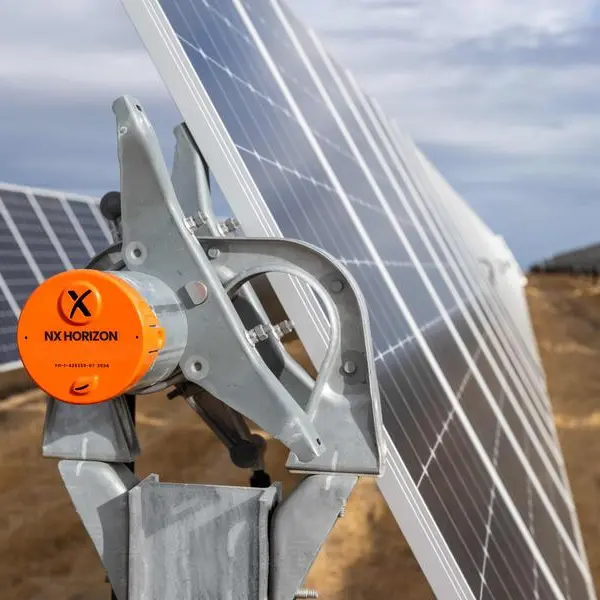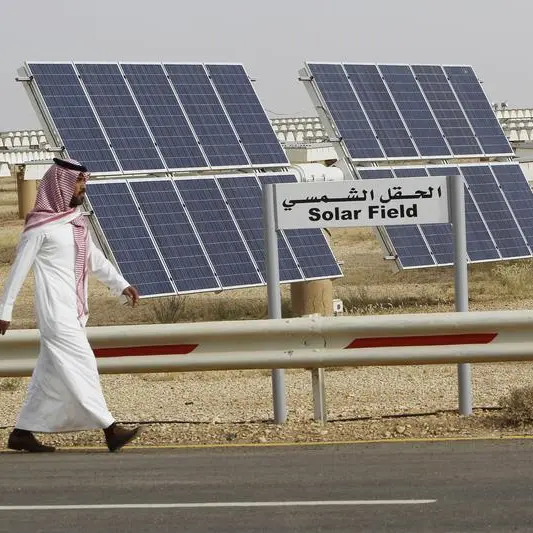PHOTO
Bahrain - Manama is pushing for greener solutions as it adopts an environmental-friendly futuristic blueprint that includes banning vehicles in certain areas and encouraging the use of e-scooters, bicycles or ... walking.
These were amongst ideas presented by visiting United Nations Economic and Social Commission for Western Asia (UNESCWA) Technology Centre executive director and co-ordinator of the Arab SMEs Summit Kareem Hassan to the Capital Trustees Board at its meeting at the Capital Trustees Authority in Manama yesterday.
He proposed using artificial intelligence to calculate green spaces needed and preferable tree planting methods, combating pollution by more reliance on solar power, and a stronger approach to littering and dumping.
All suggestions were endorsed by the board, which next month will summon members of local societies, organisations and community groups to seek feedback.“Bahrain, like many other countries, is facing the need to adopt sustainable and green practices to reduce pollution, improve public health and preserve its natural environment,” said Mr Hassan.
“One effective strategy being discussed globally is the restriction or outright ban of vehicles in certain areas, particularly in urban centres and tourist-heavy zones.“Implementing such a green initiative in Bahrain could significantly contribute to a healthier environment and a more sustainable urban future.”He cited the Doha experience.
“For half the year, some places are closed down with only e-scooters, bicycles or just walking allowed; when it’s too hot vehicles are permitted.”
Board chairman Saleh Tarradah pointed out that Adliya was the only place in Bahrain to have banned vehicles.“Bahrain is rapidly urbanising and experiencing increased pressure on its environment due to industrialisation and an expanding transportation network,” he said.
“The country has seen a growth in the number of vehicles, contributing to air pollution, greenhouse gas emissions and traffic congestion.”He said banning vehicles in certain areas, particularly congested urban spaces and historical districts, could be one of the most impactful steps toward achieving environmental sustainability.
“Major urban areas such as Manama and Muharraq suffer from chronic traffic congestion, particularly during peak hours.“Banning cars in specific areas would alleviate traffic congestion, making these areas more pedestrian-friendly and accessible. With fewer vehicles on the road, travel times would also improve in nearby regions.”Mr Tarradah said by restricting vehicle access, urban spaces can be repurposed for public use, such as parks, pedestrian streets and cycling lanes.
He further elaborated that Bahrain was home to several Unesco World Heritage sites, including the Bahrain Fort and the historic pearling sites in Muharraq.“Many of these areas are vulnerable to damage from pollution and heavy traffic.”
Mr Tarradah agreed that there would be public resistance due to the convenience of private vehicle use, especially given the country’s hot climate, which makes walking and cycling less attractive.
To overcome these obstacles, Bahrain could adopt a phased approach. Initially, the government could ban vehicles during specific hours, such as weekends or peak tourist seasons, in key areas.He added that incentives could be offered to encourage the use of electric vehicles and public transport.
For example, Bahrain could introduce subsidies for electric bicycles or scooters and expand its electric bus fleet.“Public awareness campaigns highlighting the environmental and health benefits of green transportation would also be essential to changing attitudes and encouraging behavioural shifts.”Authority director-general Mohammed Al Sehli pointed out that satellite monitoring was gradually being phased in to combat littering, dumping and pollution amongst other municipal
Copyright 2022 Al Hilal Publishing and Marketing Group Provided by SyndiGate Media Inc. (Syndigate.info).
